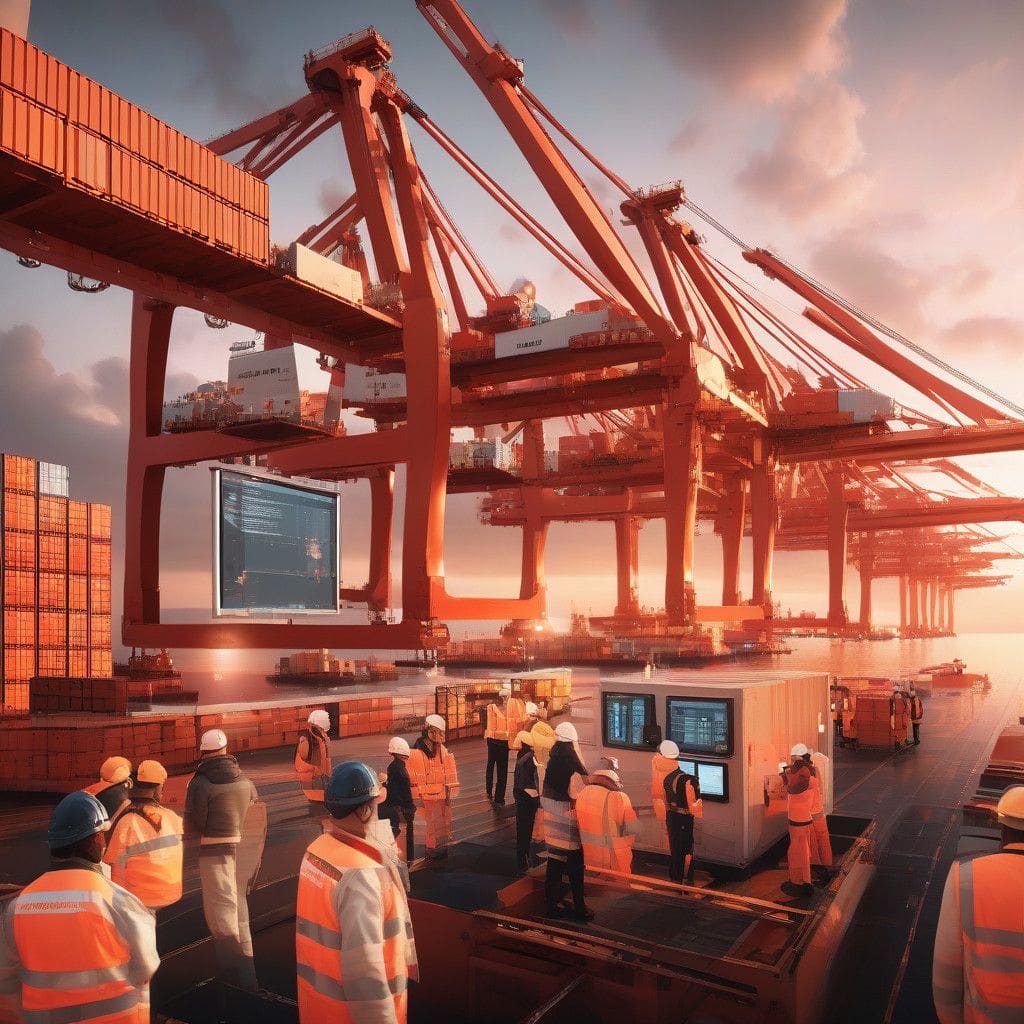Bureau Veritas is making significant strides in the maritime sector by joining the Smart Maritime Network (SMN). This partnership highlights the organization’s commitment to enhancing digital transformation and innovation in an industry known for its complex, traditional practices. By prioritizing integration, standardization, and data sharing, Bureau Veritas positions itself at the forefront of maritime digital advancement.
The focus of Bureau Veritas is clear: it aims to improve efficiency and safety within maritime operations through a digital-first approach. They reference “Maritime 4.0,” signaling a commitment to not only modernizing but also digitizing assets and applications in the maritime sector. This approach encompasses not just technology upgrades but also a comprehensive strategy to meet evolving industry demands and regulatory expectations.
One of the standout initiatives within this digital transformation is the collaboration with OrbitMI, a company specialized in turning data into actionable insights. This partnership is particularly relevant today as the maritime industry faces growing pressure to reduce its carbon footprint. OrbitMI’s data-driven approach helps maritime operators optimize their operations and strategies, directly contributing to more sustainable practices.
In addition, Bureau Veritas recently introduced ‘MOVE by Bureau Veritas’. This smart hub integrates various maritime digital applications, streamlining operations across the board. With MOVE, maritime stakeholders can manage compliance and performance from a single platform, vastly improving the speed and quality of decision-making. The move towards a centralized system reflects a broader trend in the industry towards utilizing technology to enhance operational efficiency.
The significance of these developments cannot be overstated. The maritime industry has been sluggish to adopt digital solutions compared to sectors like aviation or logistics. However, as companies like Bureau Veritas take the lead, it is possible that the entire sector may shift towards a more digital and integrated future. This movement resonates with concerns over safety and environmental sustainability, two critical areas where technology can play a pivotal role.
Moreover, Bureau Veritas is not just about technology for technology’s sake. The organization is actively working on developing innovative solutions that help industry players adhere to ever-increasing regulatory demands, with a keen eye on quality and safety standards. For instance, their strategies around digital compliance leverage digital tools to enhance transparency and accountability in the maritime sector.
The impact of these technologies is already being felt in various areas, from operational efficiencies to reduced turnaround times for vessels in port. By utilizing digital tools, shipping companies can improve their logistics, minimize delays, and reduce costs. Better data management leads to more accurate forecasting and planning, ensuring that shipping processes are not only efficient but also responsive to dynamic market conditions.
It’s also worth noting the growing importance of strategic partnerships in driving innovation. Bureau Veritas’ membership in the Smart Maritime Network is one of many partnerships that highlight a collaborative approach to transforming the maritime landscape. By working with other industry leaders, Bureau Veritas hopes to establish industry standards that facilitate interoperability and enhance the sharing of best practices.
In conclusion, Bureau Veritas is spearheading a much-needed digital transformation in the maritime industry. Through its Smart Maritime Network membership, the introduction of innovative solutions like MOVE, and partnerships with technology-focused companies like OrbitMI, it is laying the groundwork for a safer, more efficient, and sustainable maritime future. This approach not only benefits industry stakeholders but also reflects a growing recognition of the need for innovation in a sector often viewed as traditional and slow to change.












